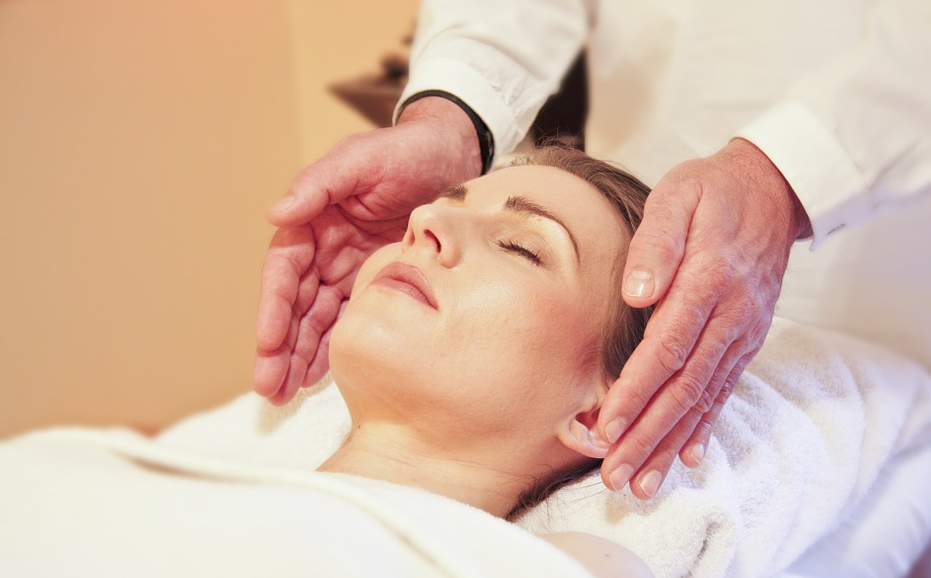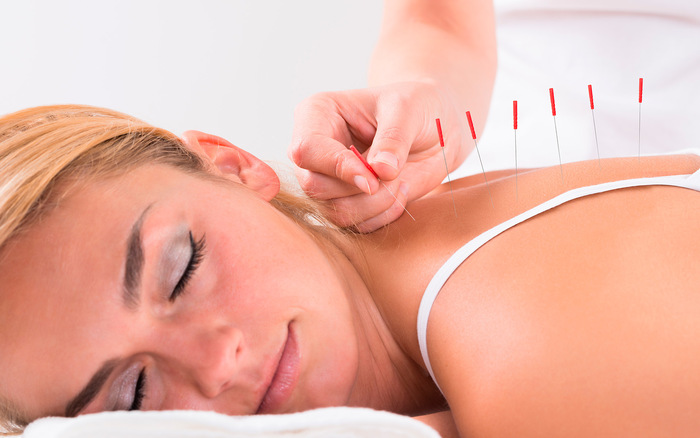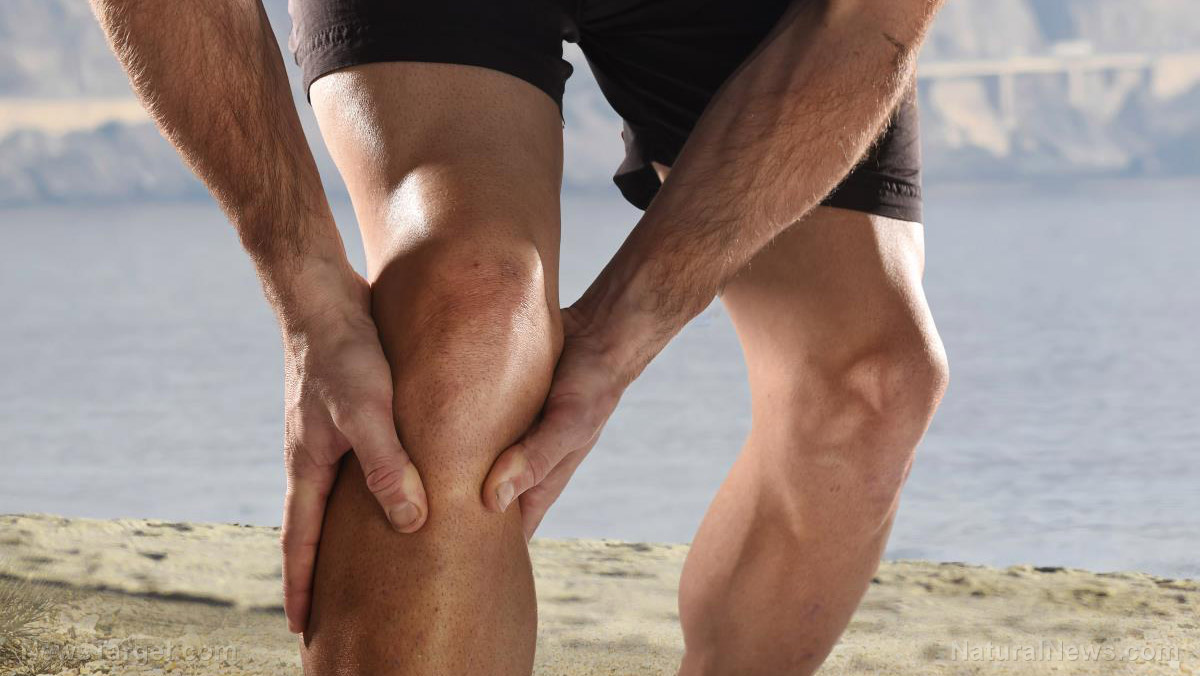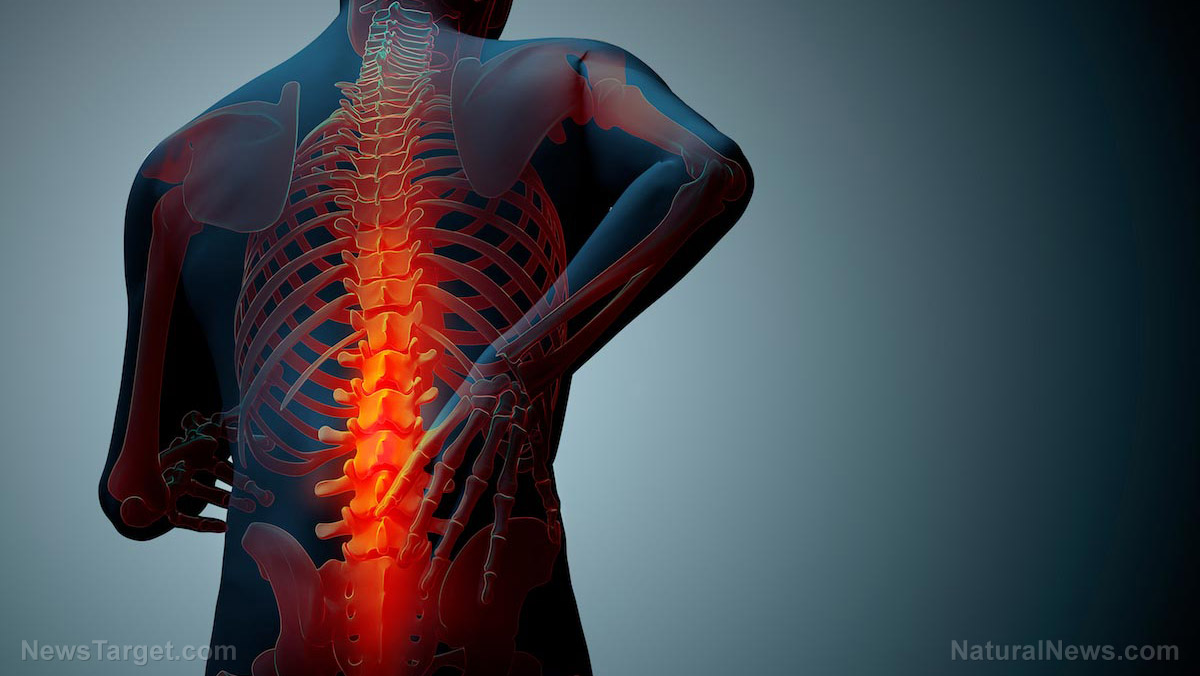Swedish massage regulates your stress hormones and relieves pain
10/20/2018 / By RJ Jhonson

Here’s yet another reason to love having a massage and it comes straight from science – getting a Swedish massage can help regulate the levels of your stress hormone to relieve pain, relax your body, and help you cope after a long day.
Cortisol gets a lot of bad press, probably because of its reputation as the stress hormone. It is, however, good for the body in the right doses.
True to its name, it has a lot to do with how you respond to everyday stimuli, especially to stressful ones. It is produced in the adrenal glands and performs many functions, including reducing inflammation, regulating your blood pressure and blood glucose levels, influencing your memory, controlling your body’s water and salt balance, and setting to motion your responses to potential threats. In women, it also influences the development of the fetus and the process of giving birth.
The bad effects of cortisol become apparent when the body has abnormal levels of it. Have it too little of it and you’ll feel constantly tired and even nauseous. You may also experience abnormal drops in weight. Have too much of it and you’ll experience a wide array of symptoms and complications, including acne, weight gain, a weak immune system, and an increased risk of developing diabetes and cardiovascular diseases.
Several studies have indicated that regularly getting a massage – Swedish massage, in particular – can help lower your cortisol levels. Swedish massage is a general-purpose massage usually aimed at relaxing the entire body. It uses gentle strokes over main muscle groups to relieve muscular tension and facilitate relaxation.
A study, published in the Journal of Alternative and Complementary Medicine, compared the effects of a Swedish massage and light-touch massage on 53 adults. The findings confirmed that those who underwent regular Swedish massage sessions experienced lower cortisol levels. The treatment also increased the levels of oxytocin, the “trust hormone.” Oxytocin is believed to play an important role in social behavior, including sexual arousal, trust, and bonding.
Another study, published in the International Journal of Neuroscience, found that not only does massage therapy lower cortisol levels, it also increases the levels of serotonin and dopamine in the body. Both serotonin and dopamine are neurotransmitters that, at elevated levels, improve mood and motivation, as well as other social behaviors.
In a study involving patients with fibromyalgia, published in Complementary Therapies in Clinical Practice, massage therapy was discovered to help regulate the levels of cortisol. Fibromyalgia is a condition characterized by chronic body pain, the origin of which is unclear. Patients with fibromyalgia often experience abnormalities in their cortisol levels. The authors of the study wrote that massage therapy not only helped relieve pain, it also helped bring cortisol to more regular levels.
Other benefits of a Swedish massage
There have been many studies on the benefits of Swedish massage. Here are some that have been found so far:
- Arthritis relief – Regular massage therapy has been linked to improvements in arthritis pain and other symptoms. The practice helps relieve pain, stiffness, range of motion, and overall function of affected joints. (Related: Massage outperforms meds for low back pain, study finds.)
- Blood pressure control – Swedish massage is known for its ability to help people relax. It has also been associated with lower blood pressure, heart rate, and inflammatory markers in women with hypertension.
- Immunity boost – Regular massage enhances the activity of your white blood cells, the cells responsible for protecting your body from common pathogens, such as bacteria and viruses. This way, the therapy can boost your resistance to many common health conditions, such as cold and the flu.
How else can a massage help you? Find out at Remedies.news.
Sources include:
Tagged Under: Cortisol, dopamine, effects of cortisol, fibromyalgia, fibromyalgia and cortisol, fibromyalgia relief, high cortisol, immunity boost, low cortisol, massage, massage therapy, natural medicine, Oxytocin, pain relief, serotonin, stress hormone, Swedish massage

















